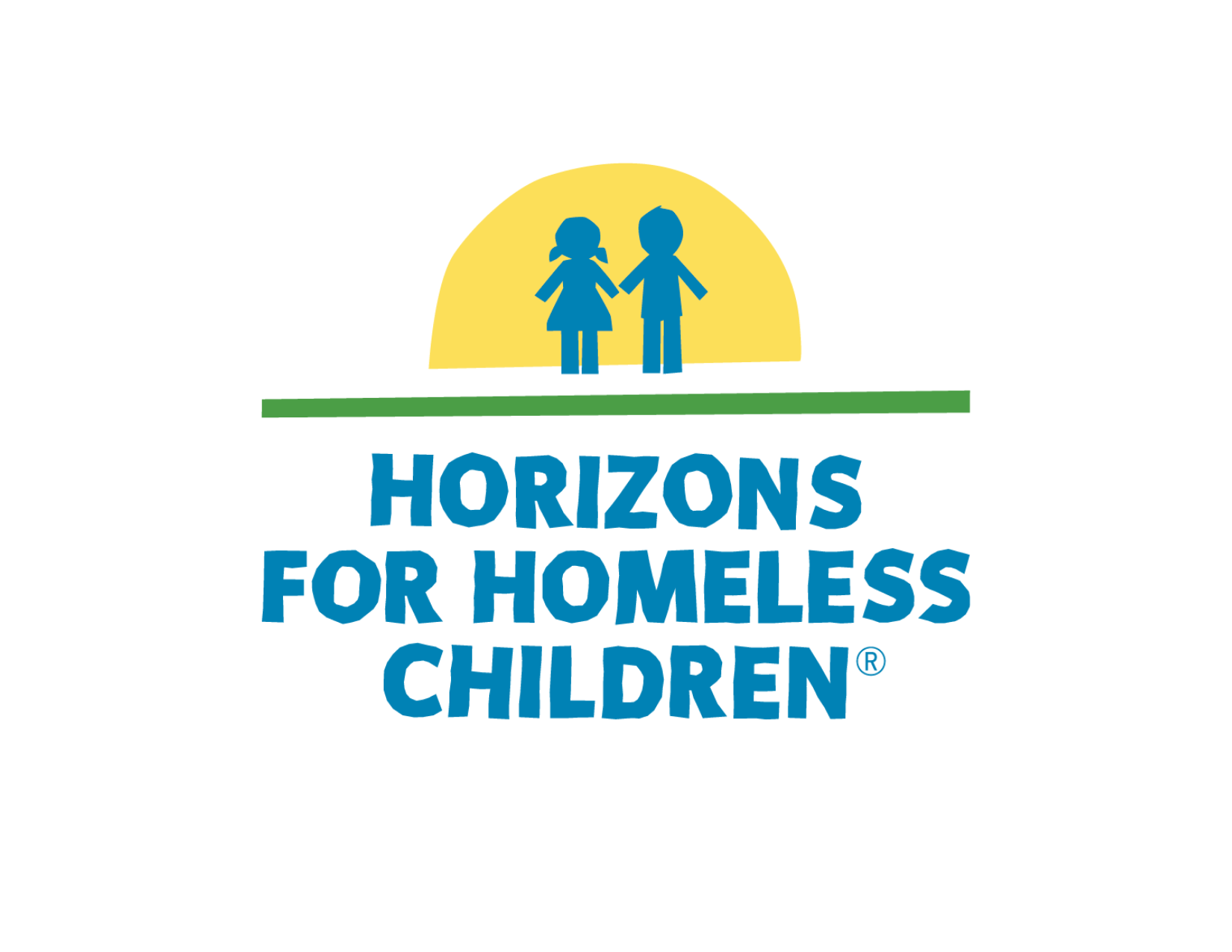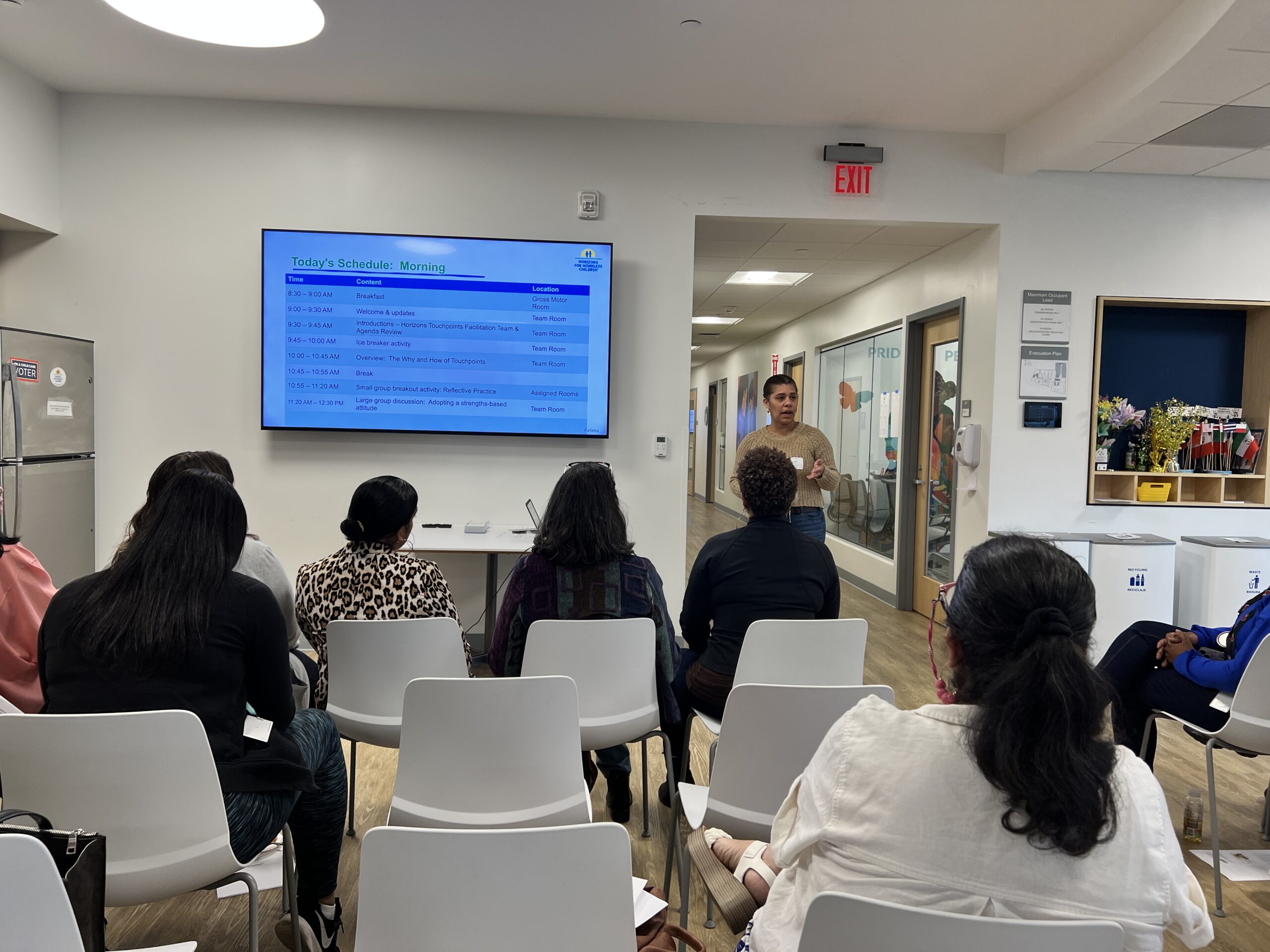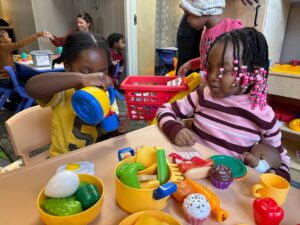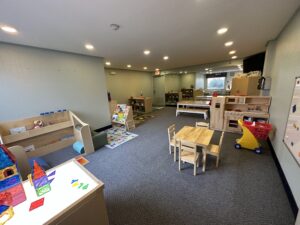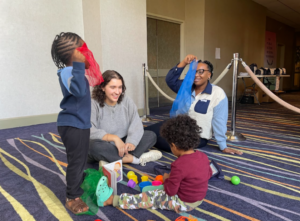Foundations, Frameworks and Fostering Relationships: Horizons’ Approach to Supporting Children and Families
- pa adragme
Family homelessness is a complex issue that impacts both parents and children in a tumultuous cycle of poverty and instability. Horizons for Homeless Children’s multi-generational approach not only mitigates the impacts of homelessness on young children, but also sets the family on a path to long-term stability as they move beyond the shelter system.
With innovation as a core value to the organization’s mission and vision, Horizons is consistently investing to further deepen our work with families. We do this through establishing best practices and frameworks that address family homelessness and its impacts.
“This year Horizons deepened its commitment to several evidence-based frameworks by offering training to the Horizons workforce that support family engagement, early relational health, and trauma informed practices,” shared Horizons’ CEO Kate Barrand. “These include Brazelton Touchpoints, Circle of Security and Pyramid Model training.” Information about all these frameworks is offered across Horizons programs and to all staff, not just those in direct service positions. The intent is for these frameworks to become embedded in the culture of Horizons.
In ‘The Touchpoints Model of Development’ by T. Berry Brazelton M.D., touchpoints are defined as periods, during the first years of life, when children’s spurts in development result in disruption for the family system. Touchpoints address sleep issues, feeding, parent-child relationships and more, with the core values that the parent is the expert on his/her child, all parents have strengths and want to do well by their child, and that parenting is a process built on trial and error. Our team’s training in Brazelton Touchpoints creates a positive model for collaboration with parents rather than a prescriptive one in which a teacher might be “informing” the parent. In this model, the teacher and parent have a common language for collaboration and work together in the child and family’s best interest using observation as a guide.
Horizons utilizes Circle of Security, a relationship program for caregivers which fosters secure attachment in children while building confidence and capacity in parents. In this model of thinking, parents are the ‘secure base’ for children, allowing them to explore and express themselves in their environment knowing that their parents will provide a ‘safe haven’ for them to return to. This model of thinking works in tandem with the Brazelton core values to create a strong bond and foundation for parents and their children in our care.
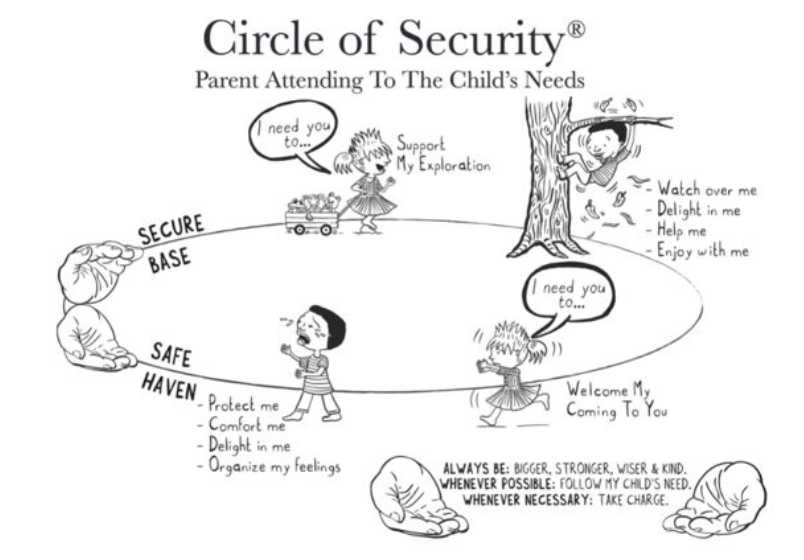
The Center on the Social and Emotional Foundations for Early Learning (CSEFEL) framework is also focused on promoting the social–emotional development and school readiness of young children from birth to age 5. CSEFEL utilizes the “Pyramid Model for Supporting Social Emotional Competence in Infants and Young Children”, with the effective workforce at Horizons as the strong base of support for families. Horizons was one of 3 programs – the only one in MA – to be a demonstrative site for Infants and toddlers for The Pyramid Model circa 2009, showcasing our consistent commitment to innovation through the years. The nurturing and responsive relationship young children have with trusted adults in high-quality supportive environments from this framework is established through Horizons classrooms and Playspaces. Playspace also offers parent workshops that encourage parents to engage with their child in ways that foster healthy social-emotional development, with nearly 50 workshops completed in the last year.
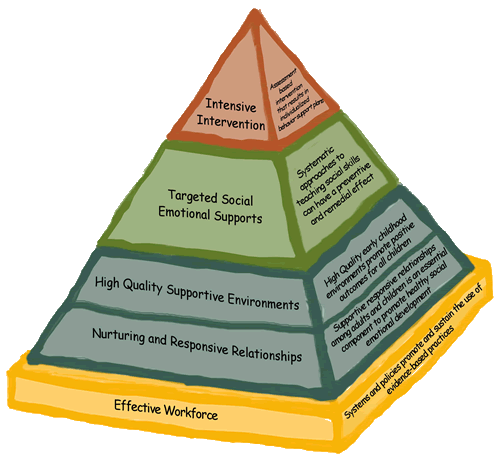
Horizons’ Family Partnerships Program utilizes a coaching framework based on EMPath’s Mobility Mentoring model. Horizons’ Family Advocates (FAs) partner with parents to identify their current strengths and needs in multiple interconnected domains: housing, childcare/parenting, physical and emotional well-being, social networks, education and training, career development, and financial management. Together parents and FAs define concrete goals; Identify the skills needed to accomplish them; develop plans to overcome obstacles; and celebrate success. Parents create pathways that empower them to move from surviving, to striving, to ultimately thriving in all aspects of life
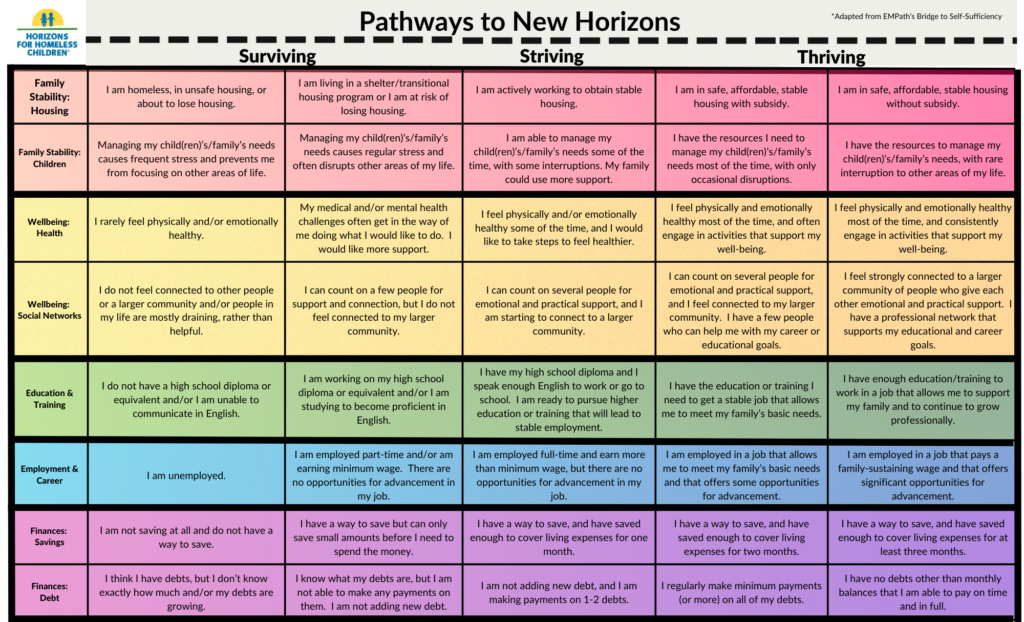
“These critical curriculum components will support improved outcomes for children in our program and build common language and experience throughout our workforce,” Kate stated.
“Horizons’ two-generation approach addresses the lives of children, their parents, and the family as a whole,” added Deborah Stolbach, Horizons’ Chief Program Officer. “We support parents to identify where they are in multiple interconnected aspects of their lives and, ultimately, where they aim to be when they leave shelter and beyond. We are privileged to work with families on their journey from homelessness to stability. While we may only witness part of that journey, we are helping families to develop skills and connections they can utilize long after they have left Horizons. We’re setting the foundation through these frameworks for strength, resilience, social-emotional connection, and success.”
This piece was written by Andrea Drag, a regular contributor to Horizons’ Blog.
